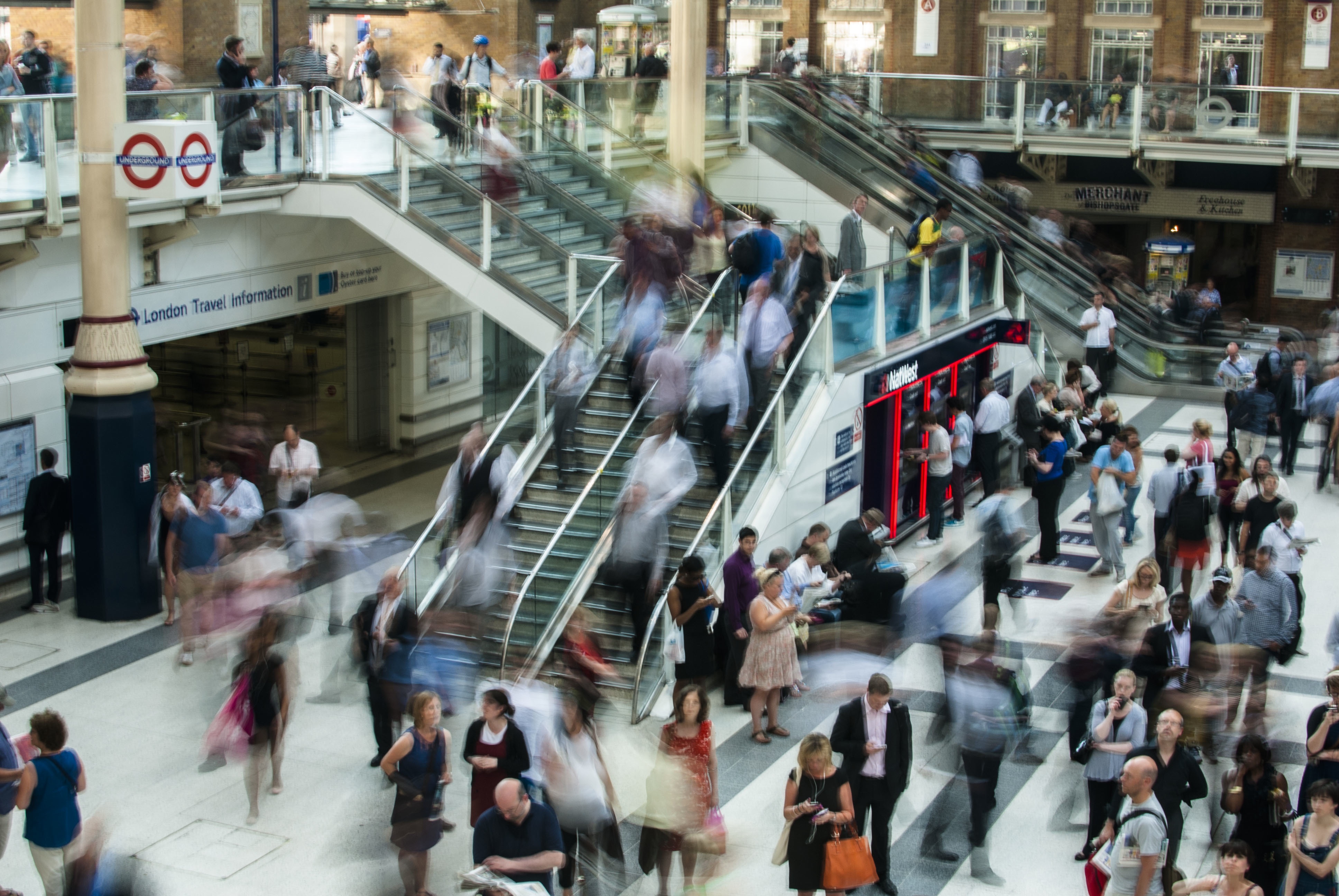Widgetized Section
Go to Admin » Appearance » Widgets » and move Gabfire Widget: Social into that MastheadOverlay zone
Let’s Be Optimists
The views expressed are those of the author and do not necessarily reflect the views of ASPA as an organization.
By Emily Paulson
September 8, 2015
I love attending to graduate school for so many reasons. One of the most unexpected reasons is the political conversations I have with my mother. We have never had trouble finding topics to rant about or brainstorming ways to change the world. However, until now, we never really talked much about politics.
Now that I am studying public administration, we have conversations about patriotism (one of my favorites), diversity, small-town politics, partisanship, social change and more. The other night, my mother instigated our political discourse when she suggested I should join the League of Women Voters (LWV).
“What is that?” I thought. “Women voters have their own league?” I instantly pictured a group of enthusiastic 19th century voting rights activists. An inspiring image but also one that felt outdated. But it turns out, LWV is not just about voting rights.
From the research I have done, I think my mother has discovered an active, vibrant, no-holds-barred group of engaged citizens who get things done. With the amount they seem to be doing behind-the-scenes, I’m surprised I’d never heard of them.
The mission statement on their website reads as follows:
“The League of Women Voters, a nonpartisan political organization, encourages informed and active participation in government, works to increase understanding of major public policy issues, and influences public policy through education and advocacy.”
The organization began 95 years ago to help women carry out their new responsibilities as voters. It was then – and is now – a grassroots organization whose leadership believes that citizens should play a critical role in advocacy. I believe that, too!
My discovery of the LWV got me thinking a lot about advocacy groups. How many exist that work tirelessly to defend and improve our democracy? How many others have I never heard of, but are heavily influencing today’s policymaking decisions?
How about you? Have you heard of LWV? Maybe you have some thoughts on the work they do. If so, I would love to hear them. I’d also love to hear about other organizations you think are doing advocacy the right way (and for the right issues).
How many of us visit with or write letters to local elected officials? How many of us volunteer on campaigns we believe in? What would our nation look like if a greater number of us mobilized as an army of active and informed issue advocates? What kind of change could be made if we didn’t just leave it up to our votes and the people elected to represent the causes we care about?Not only did this discovery of the LWV get me thinking about advocacy groups, but it got me thinking about our power as citizens to be advocates. I think it’s easy for us to question and critique our government leaders, without ever doing our part to voice what’s important to us…and why.

So what do YOU do to influence the policy that affects your life and that of your neighbors?
If you are like me, I know what you’re thinking. “Someday, when I have more free time.” Perhaps, “I just don’t really like politics.” Or, “It’s a lost cause…what I think doesn’t matter.”
However, I think we might be wrong. Collectively, if we could convince ourselves to more intentionally influence public policy, we could be quite a force. Maybe that’s a pipe dream, but I am an optimist.
Let’s be optimists together:
- Join a nonprofit that fights for causes important to you.
- Write one letter a month to different elected officials about why you think they are ignoring something that is truly important.
- Start a blog.
- Start more casual conversations over dinner.
- Donate to a think tank, advocacy group or campaign you believe in.
Also, please vote. It’s such a beautiful privilege – one for which groups like the LWV have been fighting for decades.
Author: Emily Paulson is a content marketing manager in Minneapolis, where she moonlights as an MPA student at Hamline University’s School of Business. She’s carving out a career in public safety and community outreach, and believes in firm handshakes and shameless smiles. Contact her at [email protected]. She warmly welcomes your thoughts.


Follow Us!